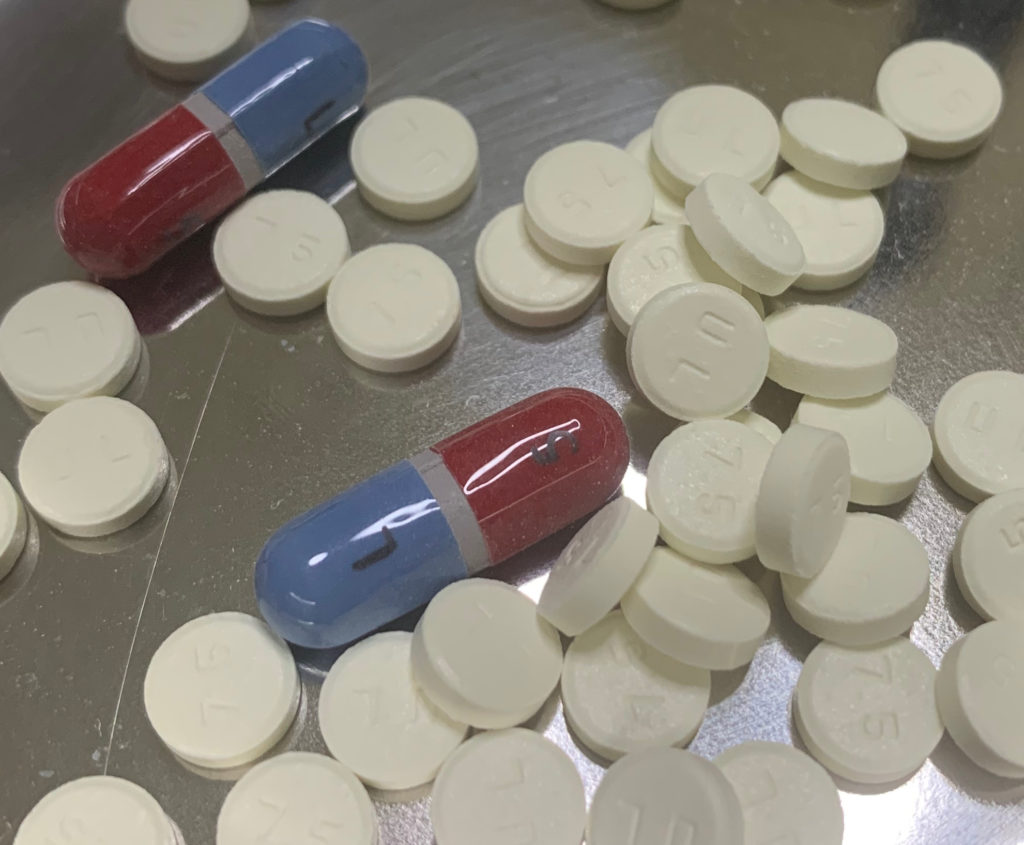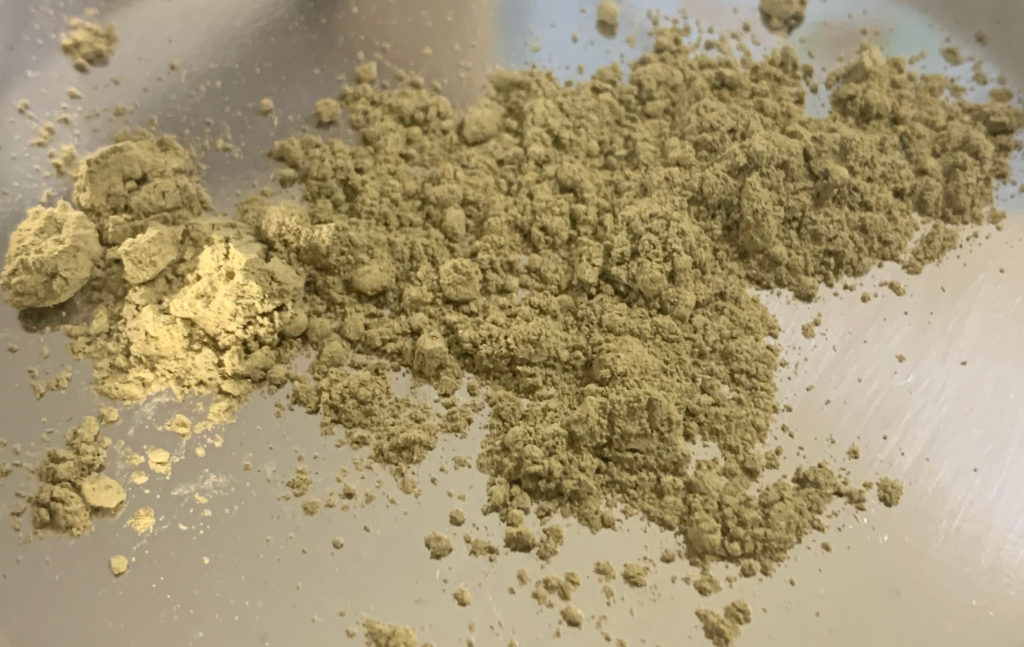Immediate pain relief is a top concern for chronic pain management and recovery. Several therapies help in the long term, but it is difficult to navigate this path when you are hurting.
Many lifestyle changes can be made to manage pain, however, it is difficult to navigate those strategies when you are throbbing and aching. Here I will discuss some herbs that help in conjunction with other therapies.

A word on medications
I’ll avoid a lengthy discussion on prescription or over the counter medicines in this post. I take a prescription anti inflammatory and over the counter acetaminophen as needed, but I have explored more natural choices.
I was prescribed stronger pain meds years before the opioid crisis was front and center. Pain interferes with healing, I trusted the people treating me, and I was desperate to lead a “normal” life. Today controlled substances are a hot topic and often a last resort for patients. There are also unknowns about their long term use.
Now suffering with more health issues, I am unsure what is related to current or previous medications. I started exploring other options for this reason. Here are some concerns for my current pills:

I am not here to judge your choice on medications. You need to work with your providers on what is best for your condition.
Alternative pain relief
Herbal remedies help many people, but the difficulty is in accessibility and legality. Some doctors will discuss them, but I’ve encountered a great deal of resistance. I encourage finding someone who is open to natural choices. This might be a homeopathic, naturopathic, or functional medicine provider.
I will highlight what I have tried, but it’s important to do your own research. Talk with a traditional or alternative healthcare provider for guidance. Everyone’s body reacts differently and your experience will vary from mine.
Within the U.S., not every product is legal in every state nor within the same counties/cities of a particular state. This would be the case with recreational or medical marijuana and kratom. I have found relief with both, but again location determines accessibility.

Kratom
Kratom is an herb from the leaves of Mitragyna speciosa, a southeast Asian tree. It comes in a loose powder format or capsules. The powder has a bitter taste so people use it with juice or within a shake.
Like other herbs and supplements, it is not FDA approved. It is important to consider what other pharmaceuticals you are taking. Adverse effects in the U.S. seem tied to other drugs mixed with the Kratom. Many people want a more natural, attainable, less addictive substance over prescription medications. Kratom became more well known during the height of the opioid crisis, but has been used for years to treat conditions such as:
- Pain
- Depression
- Anxiety
- Opioid withdrawal
Kratom and chronic pain
Kratom became a life saver for many chronic pain patients suddenly denied controlled substances. Opioids should not be stopped abruptly, but many medical providers refused to fill ongoing prescriptions. The pendulum swung back to some degree after outcry from patients, regardless many people sought a replacement.
Some kratom strains are quite strong and only a small amount of the product is needed. Much like other products, sellers must disclose specific disclaimers. Unfortunately, kratom is at risk of getting banned by the FDA. This would be a terrible disservice given its long term usage and beneficial outcomes.
I did my own research and talked with people knowledgeable about herbs and my experience with Kratom is only positive. It is important to find a trusted vendor who conducts lab testing. I have found this in The Golden Monk.
Personal experience using 1-2 tsp:
- Red strains- Help the most with my pain but are sedative
- Green strains- Help with mild pain, nausea, cramps, and anxiety, cause less sleepiness
- White strains- More energizing, but makes me a little high strung and nervous

legality
You can access the American Kratom Association here. Again, legality is threatened and local availability depends on where you live. However, online vendors are providing more options for people.
Examples:
- Colorado– legal everywhere except Monument and Parker, some restrictions in Denver
- Florida – legal everywhere except Sarasota County
Laws change frequently, it is best to google your current location and “kratom” for up-to-date laws on Kratom.
I will continue this discussion in my next post and cover CBDs.
How well controlled is your pain?
Have you tried alternatives to traditional medications?
Do you feel there is a stigma with seeking medications for pain control that is not found with your other medical conditions?
Leave a Reply